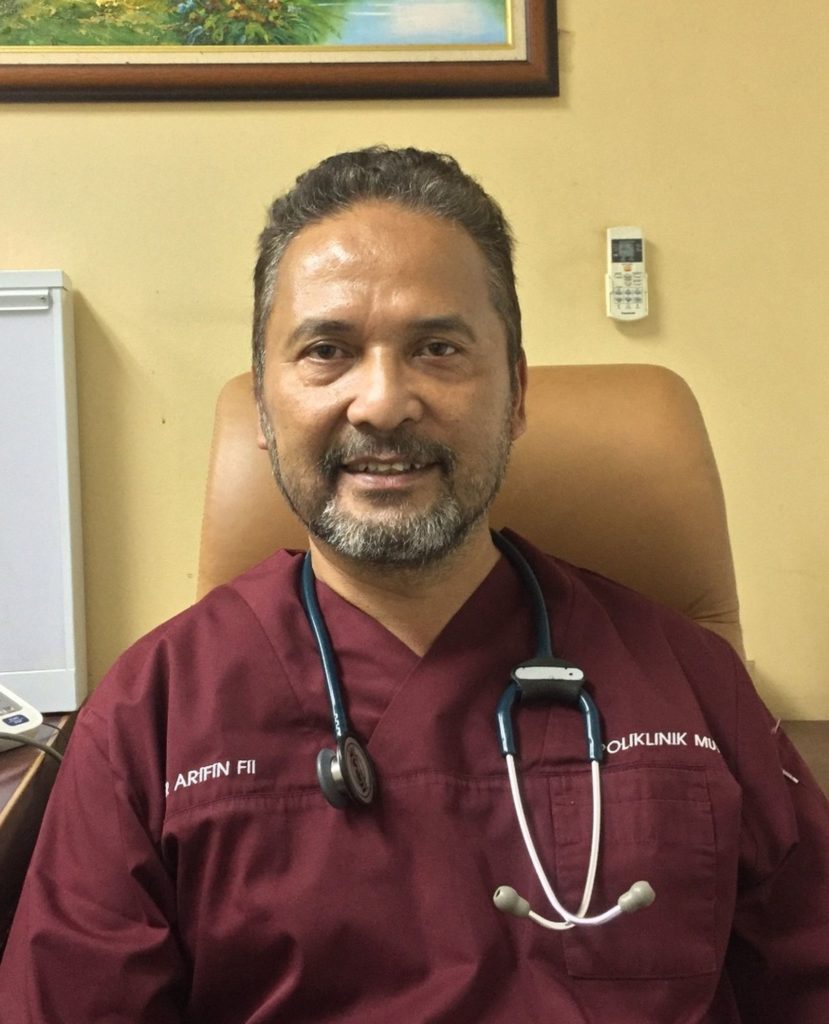New Strategies Needed In The War Against Smoking

Subscribe to our Telegram channel for the latest stories and updates.
By
Dr. Arifin Fii
A recent World Health Organization (WHO) report has found that tobacco use is gradually declining, but there still are a staggering 1.3 billion smokers worldwide.
While welcoming the decline, WHO Director-General Tedros Adhanom Ghebreyesus warned that “we still have a long way to go” as tobacco kills more than eight million users every year and an additional 1.2 million people die from second-hand smoke.
Action must be taken now to prevent this from happening.
Governments and legislators have a role to play but they are not the only ones. Society at large needs to be involved in the struggle against tobacco. Within society, one group of professionals has a special role to play because they practice their profession in a particular sector – health.
Medical professionals have a prominent role to play in managing smoking prevalence. They have the trust of the population, the media and opinion leaders, and their voices are heard across a vast range of social, economic and political arenas.
At the individual level, they can educate the population on the harms of tobacco use and exposure to second-hand smoke. They can also help tobacco users overcome their addiction. At the community level, health professionals can be initiators or supporters of policy measures by advocating smoke-free workplaces and extending the availability of tobacco cessation resources. At the society level, health professionals can add their voice and their weight to national and global smoking cessation efforts.
This is why I was particularly pleased to attend the recent conference on tobacco harm reduction (THR) by FPMPAM. A first in Malaysia, this conference brought together speakers from our local medical community as well as global THR experts to facilitate the exchange of ideas, knowledge, research findings and recommendations for the adoption of THR in Malaysia.
Naturally, opinions were mixed, with some medical professionals unsure about the effectiveness of THR. However, all speakers came to a mutual conclusion – we need to explore new solutions to manage smoking prevalence.
As a medical professional with experience in addiction therapy, I am aware of the potential benefits of THR. As the awareness and debate on THR in Malaysia is still at nascent stage, more research and data need to be generated and published to raise awareness and knowledge on THR. It is particularly very useful for the purpose of education to health policy experts, regulators and general public.
A medical community that is well informed and knowledgeable with unbiased THR research and data should then come together to formulate a proper and vigilant adoption of THR which I believe will be able to reduce the incidence of cigarette smoking in Malaysia.
Experience of other countries that implement THR should also be explored, such as the United Kingdom (UK) and New Zealand. These countries have successfully adopted vape as a tool to quit smoking with significant degree of success.
In fact, recently, doctors, medical leaders and health campaigners welcomed the announcement by the Medicines and Healthcare products Regulatory Agency (MHRA) to create updated regulations, clearing the way for licensed vape products to be prescribed to smokers by the National Health Service (NHS). In doing so, England could become the first country in the world to prescribe medicinally licensed vape products.
Sir Norman Lamb, the former Health Minister in the UK said, “I am convinced this will be a gamechanger,” adding that there would be “significant benefit” to having medicinally licensed e-cigarettes that could be prescribed.
Professor Peter Hajek, Director of the tobacco dependence research unit at Queen Mary University of London, said the move sent a positive message that vape could help people to quit.
I am most encouraged with the progress made in THR both globally and locally. We must continue this traction and remain open to the possibilities THR may bring.

Dr. Arifin Bin Fii is a medical practitioner currently focusing on addiction therapy, with experience in conducting harm reduction programmes. With close to 30 years in practice, Dr. Arifin has a multi-disciplinary background which includes general medicine, paediatrics and surgery.
All opinions here are the writer’s own and do not necessarily reflect the stand of TRP.
If you’d like to have your opinion shared on TRP, please send it via email at editorial@therakyatpost.com with the title “OPINION:” or through social media on TRP’s Facebook, Twitter, and Instagram.

